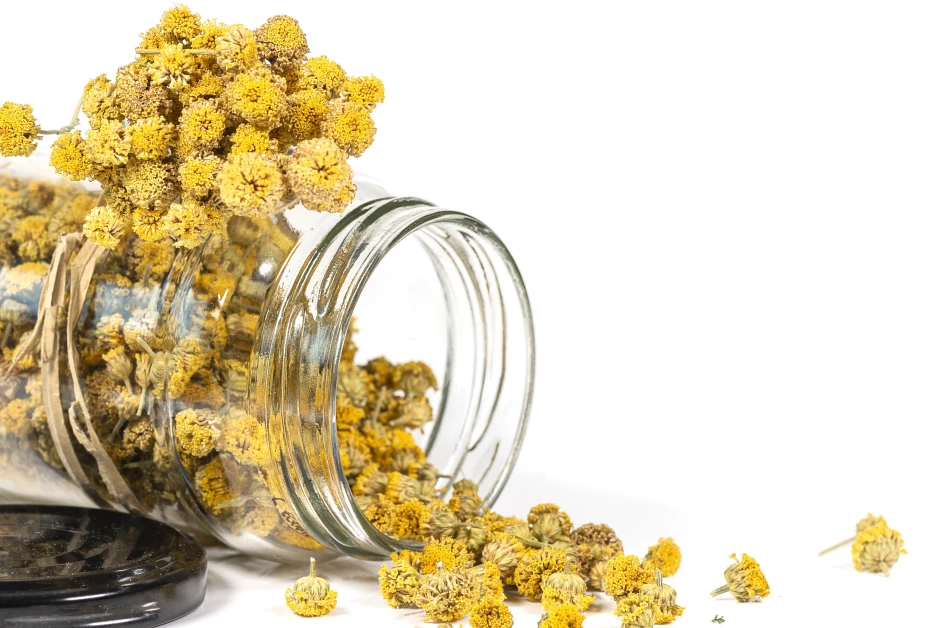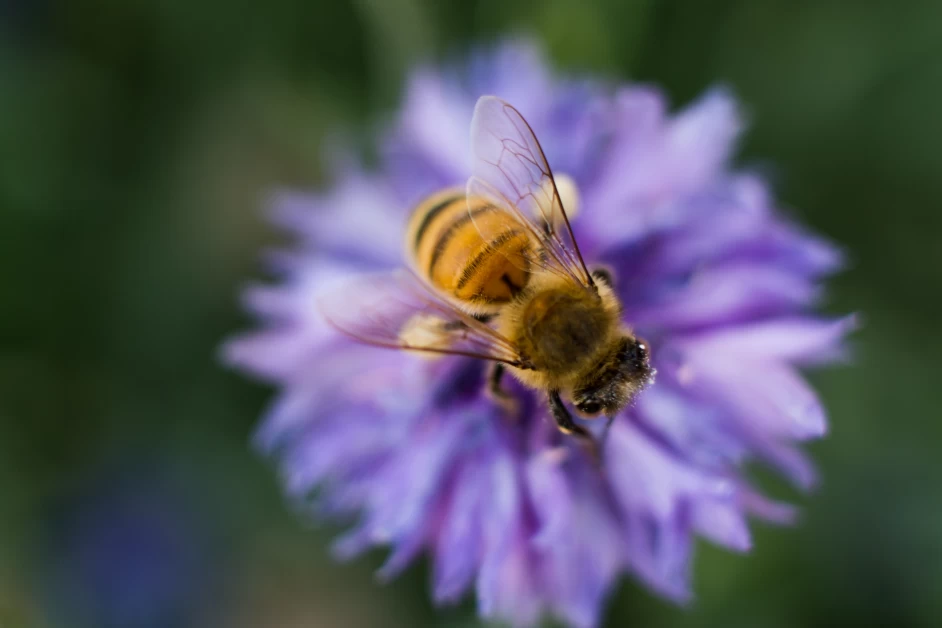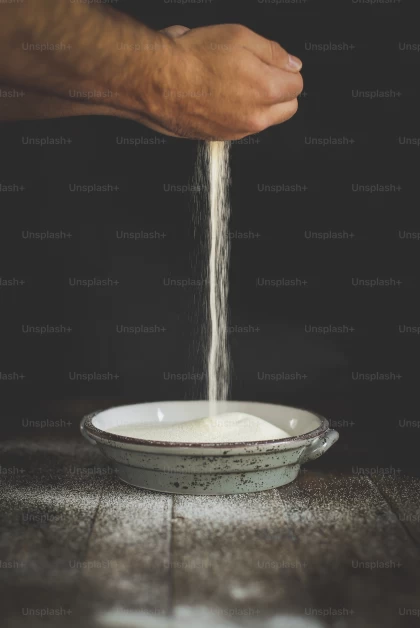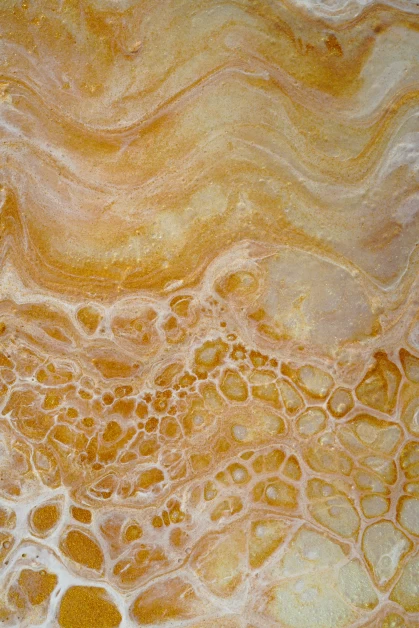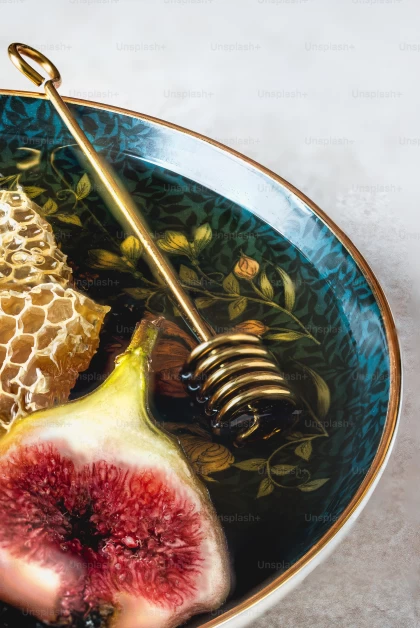Welcome to a world where nature’s wonders take center stage. Introducing manuka oil – a hidden gem in the skincare and haircare industry. Derived from the manuka tree, native to New Zealand, this extraordinary oil is here to revolutionize your beauty routine.
What is Manuka Oil and Where Does it Come From?
You may have heard of manuka honey – made from the bees collecting pollen from the flowers of the manuka tree, giving the honey special antibacterial properties. So what if the flowers of the manuka tree were used to make an essential oil? You guessed it! The oil will contain wonderful antibacterial properties, but that is not all this miraculous oil can do! Manuka oil is also very beneficial in treating dandruff, inflammation, healing wounds, fading scars and stretch marks and for coughs and colds. Yes, this flower packs quite a punch! It’s no wonder manuka products are fast becoming one of the most sought after natural remedies.
Manuka oil is derived from the leaves and branches of the manuka tree (leptospermum scoparium), a native plant of New Zealand. This unique oil is extracted through a steam distillation process, resulting in a highly potent and concentrated substance that is packed with beneficial properties.
The manuka tree has been revered by the indigenous Maori people for centuries, who have long recognized its medicinal qualities. Traditionally, manuka honey tea tree oil has been used for its antimicrobial and anti-inflammatory properties, making it a powerful natural remedy for various ailments.
Top Benefits of Manuka Oil
The top 3 manuka oil benefits can be attributed to its antibacterial, antifungal, and antiviral properties.
Anti-Inflammatory
The oil can be applied topically to the skin on inflamed areas or to relieve the itch and sting of insect bites. For nasal and bronchial congestion and inflammation, inhalation of the oil via a diffuser or oil burner is effective. You can also put a few drops on the oil on a tissue and tuck the tissue between your clothes against your skin. Your body heat will trigger the release of the fragrance from the oil and give you subtle aromatherapy throughout the day.
Anti-Bacterial
A food-grade essential oil can be taken internally either neat or in water to treat overgrowth of bad bacteria in the gastrointestinal tract. You can also use it as hand sanitizer or use a few drops mixed in a water solution to wipe down surfaces such as benches, keyboards, or phones. When the oil is added into serums and face creams, your skin will be getting wonderful antibacterial support while nourishing and hydrating sensitive areas.
Anti-Allergy
Manuka oil can help to calm a hyperactive immune system. Taken internally or exposing yourself to the oil made from the manuka flower can also help to stimulate your body’s own production of antibodies against pollen, helping to reduce the severity of hay fever allergies.
The Benefits of Manuka Oil for Skin
Manuka oil offers a plethora of benefits for the skin, making it a valuable addition to any skincare routine. Its natural antiseptic properties help to combat bacteria, making it effective in reducing acne breakouts and preventing future flare-ups. Additionally, manuka oil’s anti-inflammatory properties can soothe irritated skin and reduce redness, making it particularly beneficial for those with sensitive or inflamed skin conditions.
But the benefits don’t stop there. Manuka oil is also rich in antioxidants, which help to protect the skin against environmental damage caused by free radicals. This, in turn, promotes a youthful complexion and helps to minimize the appearance of fine lines and wrinkles. Furthermore, the oil’s moisturizing properties help to boost hydration and nourish the skin, leaving it soft, supple, and glowing with health.
How Manuka Oil Can Improve Hair Health
Not only does manuka oil work wonders for the skin, but it also has numerous benefits for the hair. Its moisturizing properties penetrate deep into the hair shaft, providing essential hydration and nourishment. This helps to restore moisture balance, resulting in smoother, shinier, and more manageable hair.
Manuka oil is also known for its ability to promote hair growth and prevent hair loss. By stimulating blood circulation in the scalp, it helps to nourish the hair follicles, promoting healthy hair growth. Additionally, its antimicrobial properties can help to combat dandruff and soothe an itchy scalp, creating an optimal environment for hair growth.
Using Manuka Oil for Common Skin Conditions
Manuka oil has been proven to be highly effective in treating common skin conditions such as acne, eczema, and psoriasis. Its antibacterial properties help to kill acne-causing bacteria, reducing inflammation and preventing future breakouts. It also helps to balance oil production, making it an excellent choice for those with oily or acne-prone skin.
For those with eczema or psoriasis, manuka oil’s anti-inflammatory properties provide relief from itching, redness, and irritation. Its moisturizing properties help to hydrate dry and flaky skin, promoting healing and soothing discomfort. Regular use of manuka oil can help to manage these conditions and improve overall skin health.
When used topically, oil from the manuka flower can help to drive odor away from the skin and create a subtle and fresh fragrance. Keeping in mind its antibacterial qualities, manuka oil is a fantastic addition to any skincare product. Kiwiherb Pure Manuka Oil can be applied (2-3 drops) to the skin 2-3 times daily. It can also be added to a base cream as applications for wounds, cuts, sores, and skin diseases.
Incorporating Manuka Oil into Your Skincare Routine
Now that you’re aware of the amazing benefits of manuka oil, you may be wondering how to incorporate it into your skincare routine. There are several ways to enjoy the benefits of this natural wonder.
One option is to use a skincare product that already contains manuka oil as an ingredient. Look for cleansers, toners, moisturizers, and serums that feature manuka oil as a key component. These products are specifically formulated to harness the power of manuka oil and deliver it directly to your skin, ensuring maximum effectiveness.
Many skincare companies are now incorporating manuka oil in their body lotions, shampoos, face creams, masks, serums, and lip balms. Some brands to look out for include Manuka Biotic, a New Zealand manuka farm that has been operating on the Coromandel Peninsula in New Zealand for over 20 years. They distill their own manuka essential oil that is 100% certified organic and naturally produced from plants which grow wild on their farm. Manuka Biotic was the first certified organic producers of manuka oil in the world.
Antipodes Rejoice Light Facial Day Cream is an organic and vegan light facial day cream that’s gentle and non-oily to enhance your skin’s natural hydration. Manuka oil in this cream, renowned for its revitalizing benefits, promotes a blemish-free complexion. It’s suitable for most skin types, especially oily & sensitive skin.
If you feel like being adventurous, you can create your own DIY skincare recipes using pure manuka oil. You can easily make your own face masks, serums, and body oils by combining manuka oil with other natural ingredients such as aloe vera or jojoba oil. These homemade concoctions allow you to customize your skincare routine and tailor it to your specific needs.
Tips for Purchasing and Using Manuka Oil
When purchasing manuka oil, it’s important to look for high quality, pure, and organic versions. Look for a reputable brand that sources their oil from sustainable and ethical suppliers. Check for certifications such as organic or natural, as these ensure that the oil is of the highest standard.
When using manuka essential oil, it’s essential to dilute it properly before applying it to your skin or hair. It is highly concentrated and can cause irritation if used undiluted. Mix a few drops of manuka oil with a carrier oil such as coconut oil, jojoba oil, or sweet almond oil before applying it to your skin or hair.
Always perform a patch test before using manuka oil for the first time. Apply a small amount of diluted oil to a small area of your skin and wait for 24 hours to check for any adverse reactions. If you experience any redness, itching, or irritation, discontinue use immediately.
Potential Side Effects and Precautions When Using Manuka Oil
While manuka oil is generally safe to use, it’s important to be aware of potential side effects and take necessary precautions. Some individuals may be allergic or sensitive to manuka oil, so it’s crucial to perform a patch test before using it on your face or body.
If you are pregnant or breastfeeding, it’s best to consult with your healthcare provider before using manuka oil. They can provide guidance on its safety and suitability for your specific situation.
Additionally, keep manuka oil out of reach of children and pets. It should only be used externally and should not be ingested.
Final Thoughts
In a world filled with synthetic ingredients and harsh chemicals, manuka oil stands out as a natural wonder for skin and hair. Its incredible anti-inflammatory, antimicrobial, and moisturizing properties make it a must-have addition to any beauty routine. From combating acne to nourishing hair, manuka oil offers a multitude of benefits that will transform your skincare and haircare regimen.
Embrace the beauty of nature and unlock the benefits of manuka oil. Discover the secrets of this natural wonder and let it rejuvenate your skin and hair. With its ability to promote a healthy complexion and lustrous locks, manuka oil is your ticket to radiant beauty.
Together, let’s celebrate the power of nature and reveal your true beauty.
